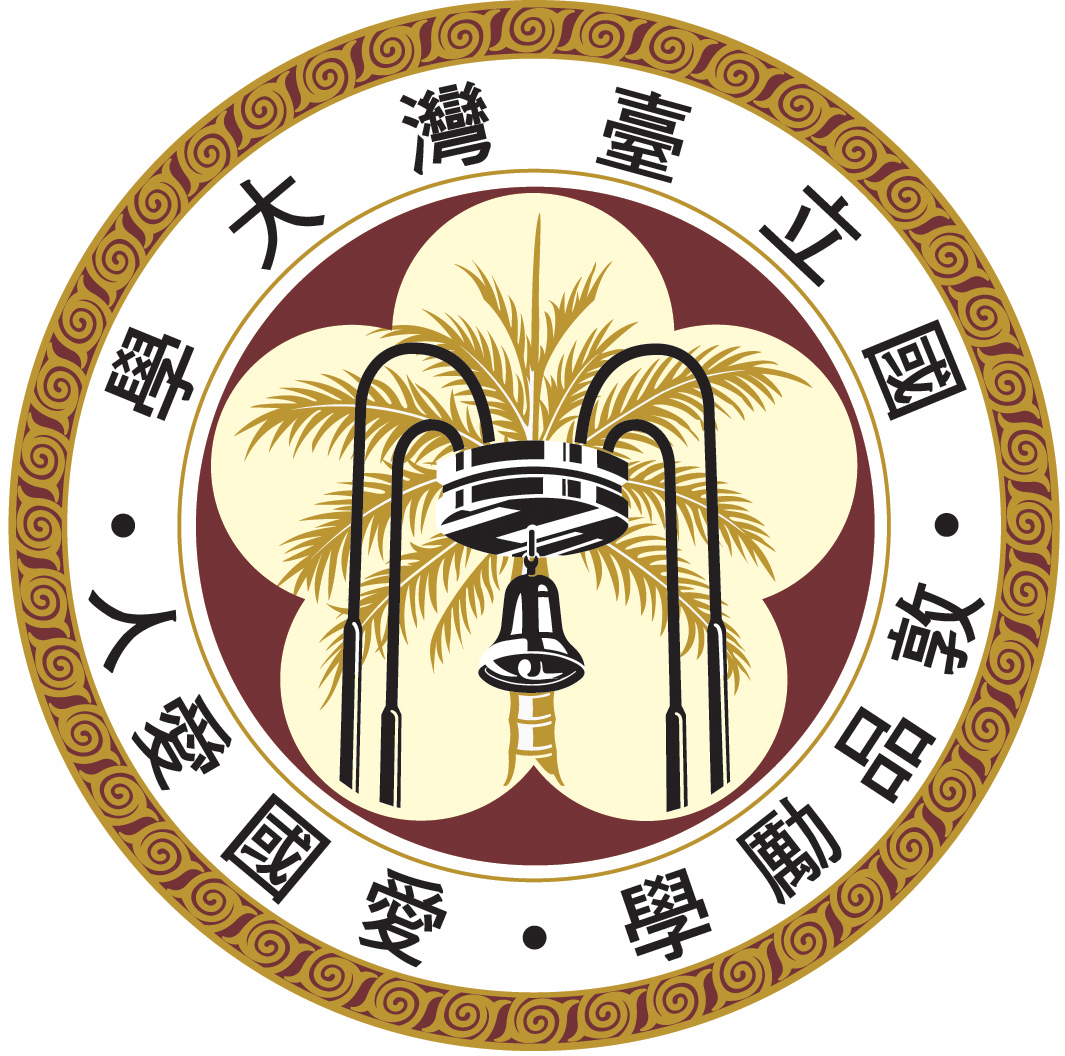My research explores the interplay between cultural contexts, forms of prejudice, structural aspects of intergroup relations and social change. To date, I have used historical reviews, meta-analysis, field experiments, laboratory experiments, and culturally-sensitive surveys, as well as a variety of statistical methods, to this end, because I believe that each method best addresses certain questions (e.g. laboratory experiments on questions about causality and surveys on personal beliefs and ideologies).
The lab has two doctorate students, five master's students, and about six undergraduates. We have regular joint lab meetings with a social psychology lab at National Chengchi University by Dr. Chien-ru Sun during semesters. The joint lab meetings allow our members greater exposure to topics in social psychology.
- Needs and power. My colleagues and I proposed a power basis theory in which we argue that power is defined in terms of one’s capabilities to meet one’s needs. According to the new definition of power, we have examined social perceptions of power and trust towards individuals and social groups. Furthermore, we have identified several guiding principles in power dynamics.
- Culture, prejudice, and intergroup relations. My colleagues and I have examined legitimizing ideologies in different cultural contexts, by delineating possible socio-economic, situational, or individual difference variables that contribute to the endorsement of legitimizing ideologies, such as social dominance orientation, deferential family norms, and sexist ideologies.
- Political psychology. My colleagues and I have examined voting behaviors, the effects of democracy, as well as the attitudes the Taiwanese may have towards Chinese mainlanders and what mechanisms may be associated with such attitudes.
- Gender issues. I am interested in how gender socialization may have affected men's and women's, as well as the LGBTs' self understanding and relationships with others.
Dr. Lee has received grants from the National Science Council of Taiwan from 2007 to currently. She has received extra pay due to her research performance (2022, 2023) and Academic Research Performance Incentives (2019, 2020) from National Taiwan University. Her other honor includes
- 2018 outstanding teaching award, Natioanl Taiwan University
- 2018 the best reviewer award from the Chinese Journal of Psychology
- 2014 Academic Research Award, National Chengchi University
- 2013 Young Scholar Research Award, College of Science, National Chengchi University.
- 2013 Teaching Excellence Award, National Chengchi University
- Gordon Allport Intergroup Relations Prize, 2012 for the paper” Intergroup Consensus/Disagreement in Support of Group Based Hierarchy: An Examination of Socio-Structural and Psycho-Cultural Factors.”
- Wu Ta-You Memorial Award, 2012
- Winner of the 2008 Morton Deutsch Award for the paper “Power dynamics in an experimental game: Individual and collective effects of the use of ‘force.’”
Past lab members also have received thesis honors.
Dr. Lee received her PhD in social psychology at the University of Connecticut in 2006, along with graduate certificates in women’s studies and quantitative research methods.
2 Vacancies
Job Description
Literature review, study design, data analysis, and presentation
Preferred Intern Education Level
college or master's education, preferably in psychology or sociology
Skill sets or Qualities
some knowledge of statistics
